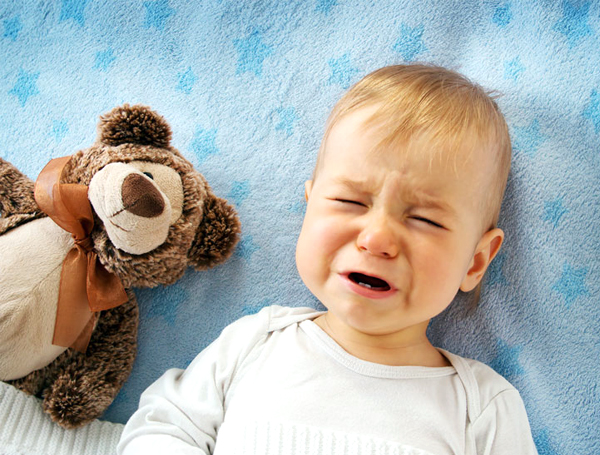
There is no life without water and so is the case with human beings. When you don’t consume enough water, it results in a condition called dehydration. Children happen to be more sensitive. Even a mild case of dehydration can quickly become severe because parents are usually not able to identify the symptoms and results in delayed treatments. Infants are usually more prone to dehydration than adults.
Dehydration may be minor but in case you don’t treat it on time, it can be life threatening particularly for babies. You need to take care of your baby well when he is dehydrated. The best way to find out that your infant is dehydrated is by checking the color of his urine. If the urine is amber or dark yellow, then it indicates dehydration. You should become cautious. In case the urine is clear or light colored, then your baby’s liquid intake is fine.
Causes of Dehydration in Infants
Dehydration is no disease but a condition. Here are some of the reasons for dehydration in babies:
- Not taking enough liquid- babies stop taking liquids when they suffer from sore throat or other ailments which makes them dehydrated.
- A lot of sweating- in the summers, your baby seem to sweat too much losing excessive water from their system causing dehydration.
- Vomiting- vomiting makes your baby lose water plus essential minerals leading to dehydration
- Diarrhea– if your baby happens to suffer from acute diarrhea, the body then loses a large amount of water and electrolytes in a short period of time leading to dehydration.
- Fever– when babies suffer from fever, they have more chances of dehydration as their intake of water reduces and the body loses water.
Ways To Treat Dehydration:
The primary way to treat dehydrations is by continuously rehydrating the body as much as possible. Here are some of the ways you can maintain an optimum level of fluids in your baby’s body:
1. Continue with the regular diet
Keep giving your baby the regular diet your give. Food offers the energy your infant’s body requires. However, you should make sure you don’t give him food that is difficult to digest.
2. Breast feed or bottle feed your baby more frequently
Try to feed your baby more frequently than usual. If you happen to feed your baby every four hours, then try to feed every two hours but in smaller quantities. It is better to feed your baby in smaller portions but more frequently in case your baby is vomiting.
3. Oral Rehydration Therapy (ORT)
Oral rehydration therapy is helpful in treating dehydrations. Small frequent portions of rehydration solutions can work wonders for your baby. That is because ORT contains potassium, sugar, salt and other nutrients. If your baby does not vomit it, you can increase the portion. You can find different brands in the market but consult with your doctor to find the best one.
4. Enough rest
In case your baby has started feeling better, stop him from a lot of physical activities like playing. It is highly recommended that he takes rest for two to three days so that the body gets back in its normal state. If you notice the baby is not getting any better with the home remedies, immediately take him to the doctor. Dehydration in babies should never be taken lightly because it can get really serious.







Post a comment